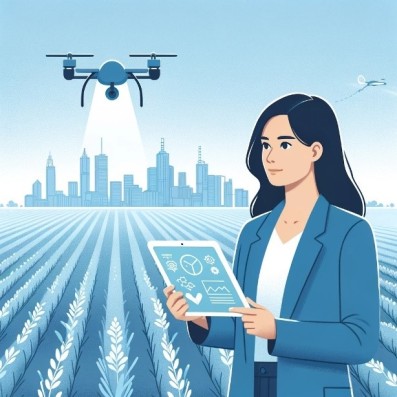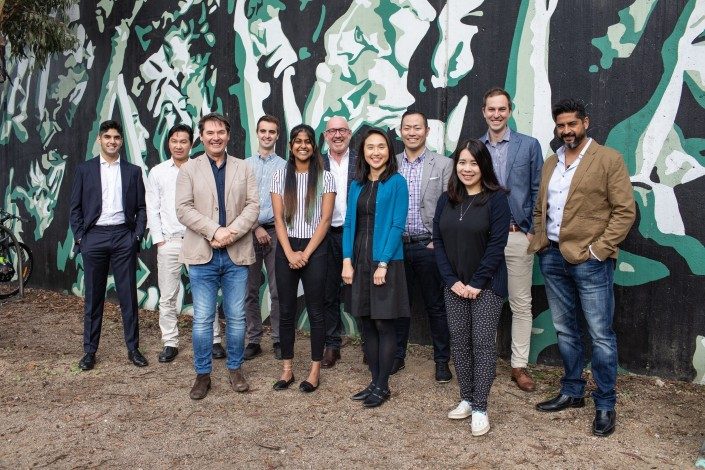In Australia, the food and beverage industry accounts for 32% of the country’s manufacturing turnover, making it the largest manufacturing sector in Australia. The industry is only set to grow with major transformations shaping the future of the food industry. Matthew Pryor, a central figure in Australia’s agriculture and food scene, predicts that Australia will see the emergence of a booming knowledge economy in food and agricultural innovation. Already, startups, innovators and investors are capitalising on this boom, with Australian FoodTech Startups like Nourish Ingredients, AgriDigital, and AgUnityre developing exciting new technologies to enhance food and beverage production. At Allied Legal, we discuss some of these major shifts below.
Tracking
There is now a shift in how data tracking is used in the foodtech industry. According to a panel of experts from a HQ Tech Tank Food event, data tracking and its technologies are now being leveraged to solve problems along the food production chain. Through innovative technology foodtech startups can analyse each stage of food production, from the initial farming stage to production and distribution.
Soil Management
Soil mapping and management startups in Australia are utilising advanced technology like 3D maps to monitor the structure, water holding capacity and fertility of soil. Foodtech startups in Australia are also looking at how they can reduce the use of harmful chemicals, harnessing artificial intelligence and machine imaging to distinguish between the viable plants and weeds. This means that only the weeds are sprayed with pesticides rather than the entire crop.
Supply Chain Management
Food tracing and tracking is huge for foodtech startups. According to TechCrunch, this is due to changing consumer preferences for sustainable and quality produce. Consumers now want to know the provenance of their food and producers and growers also want to know how they can optimise production. Innovators and foodtech startups are recognising that this should involve a close relationship between farming and food and are looking at new ways to foster communication down the supply chain.
Sustainability
Socially and environmentally conscious consumers are demanding businesses and foodtech startups in Australia to be more innovative in the way they operate. In response, many foodtech startups are looking for ways to reduce waste, deforestation, and lower greenhouse gases. Already Melbourne is seeing technological and structural changes to reduce waste with the use of smart bins and smart fridges.
Alternative Protein
Foodtech startups are researching how they can optimise the structure, taste, and composition of plant-based alternatives to meet the demands of an increasingly conscious population. Investors, recognising market trends around sustainability and protein demand, are investing big in these ecological or ‘kind’ foodtech startups. Australian foodtech startups like V2food, Fable and Ulu Hye are amongst successful foodtech startups providing sustainable alternatives using dynamic research to make new proteins.
Need Help? Contact Us
At Allied Legal, we work with numerous innovative startups operating in the foodtech space. So, if you need assistance with a legal or business-related question, we know how to help. You can connect with one of our commercial lawyers by giving us a call on 03 8691 3111 or by sending us an email at hello@alliedlegal.com.au.






